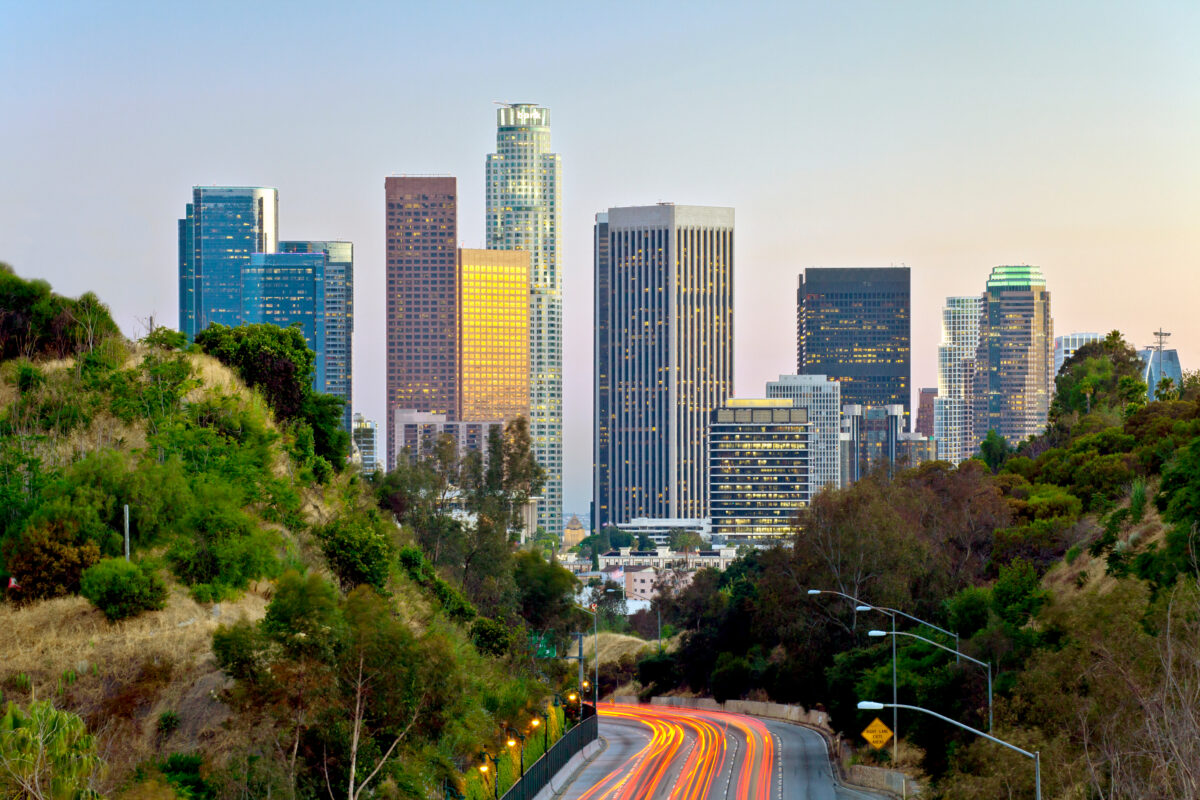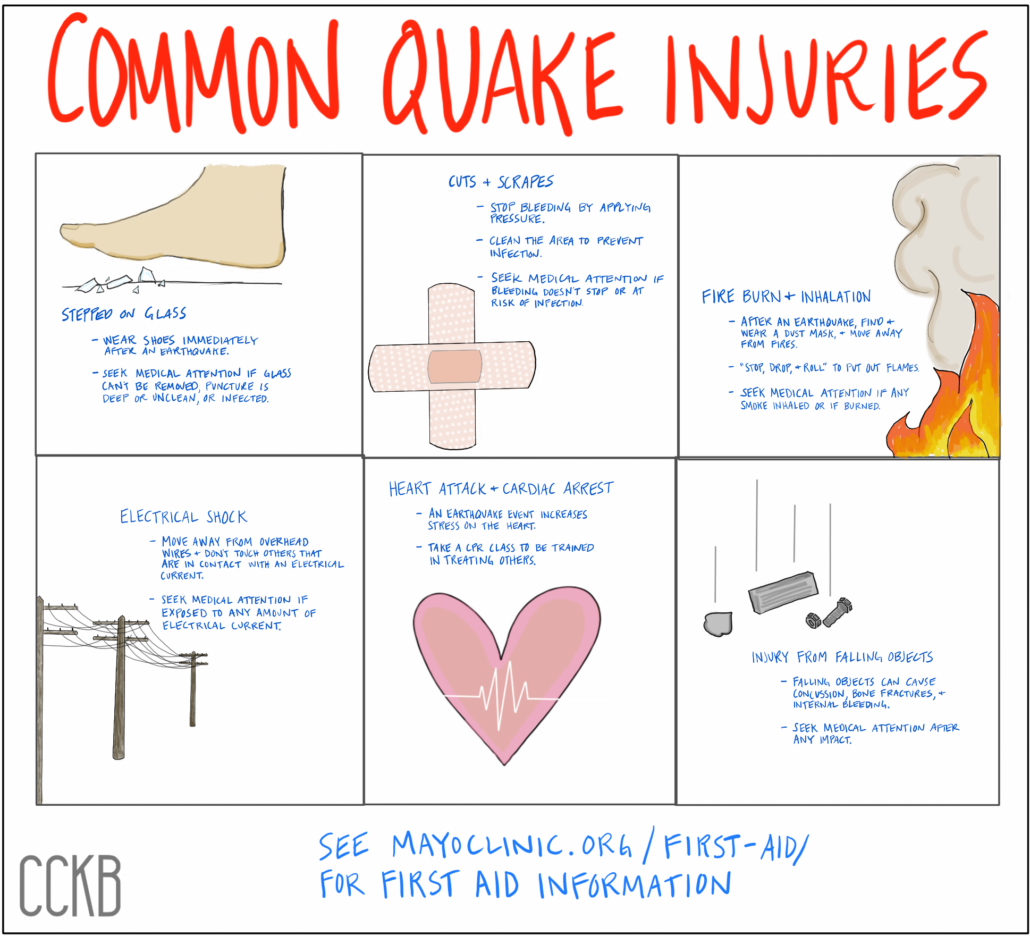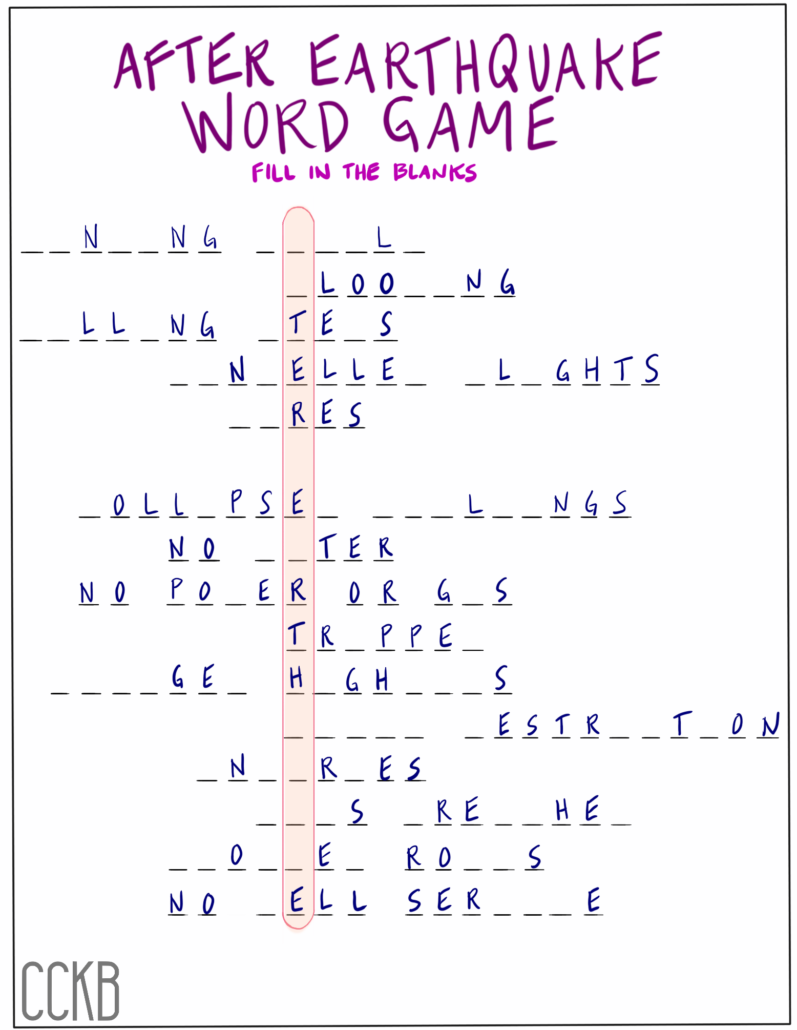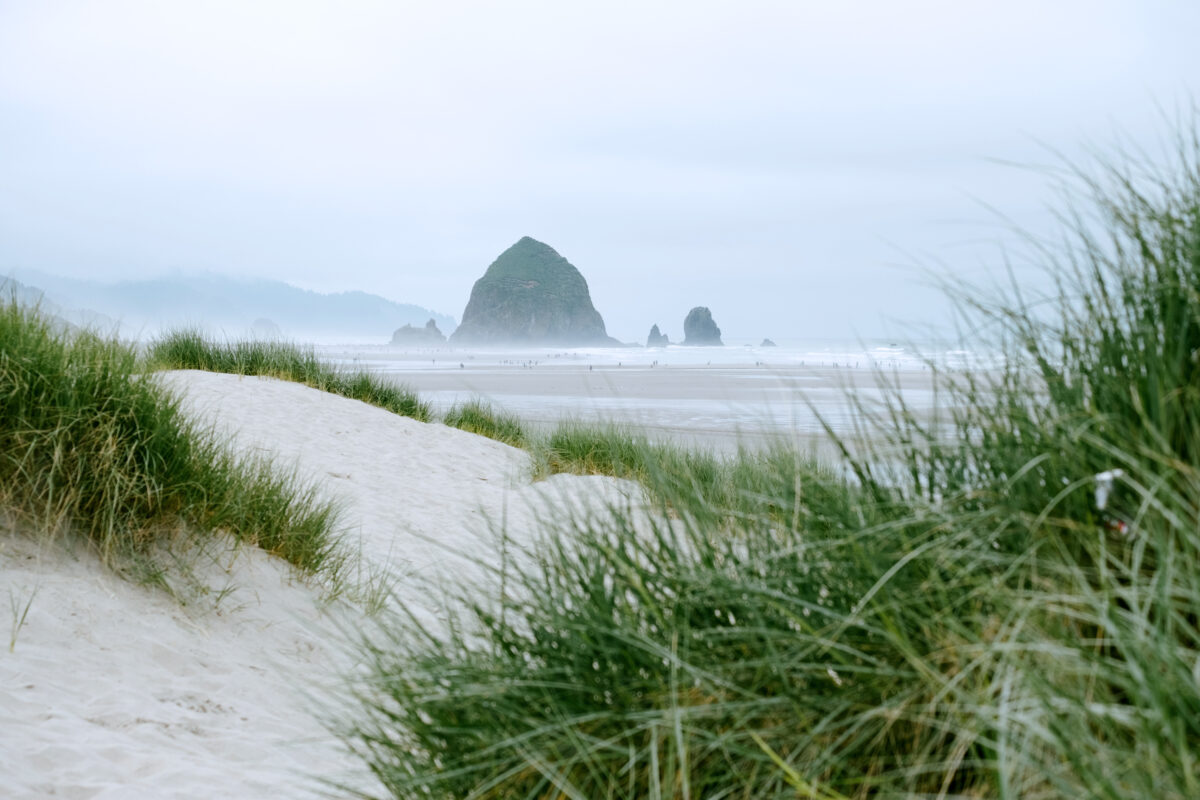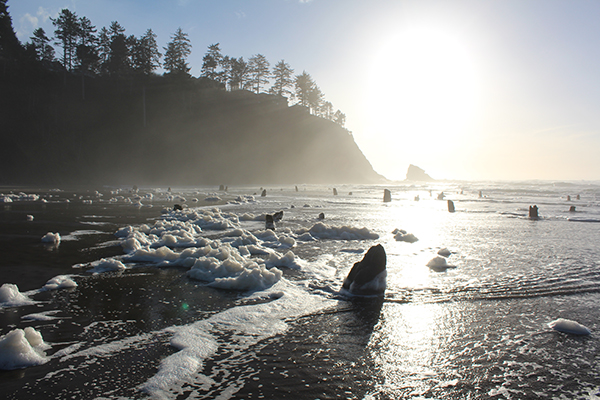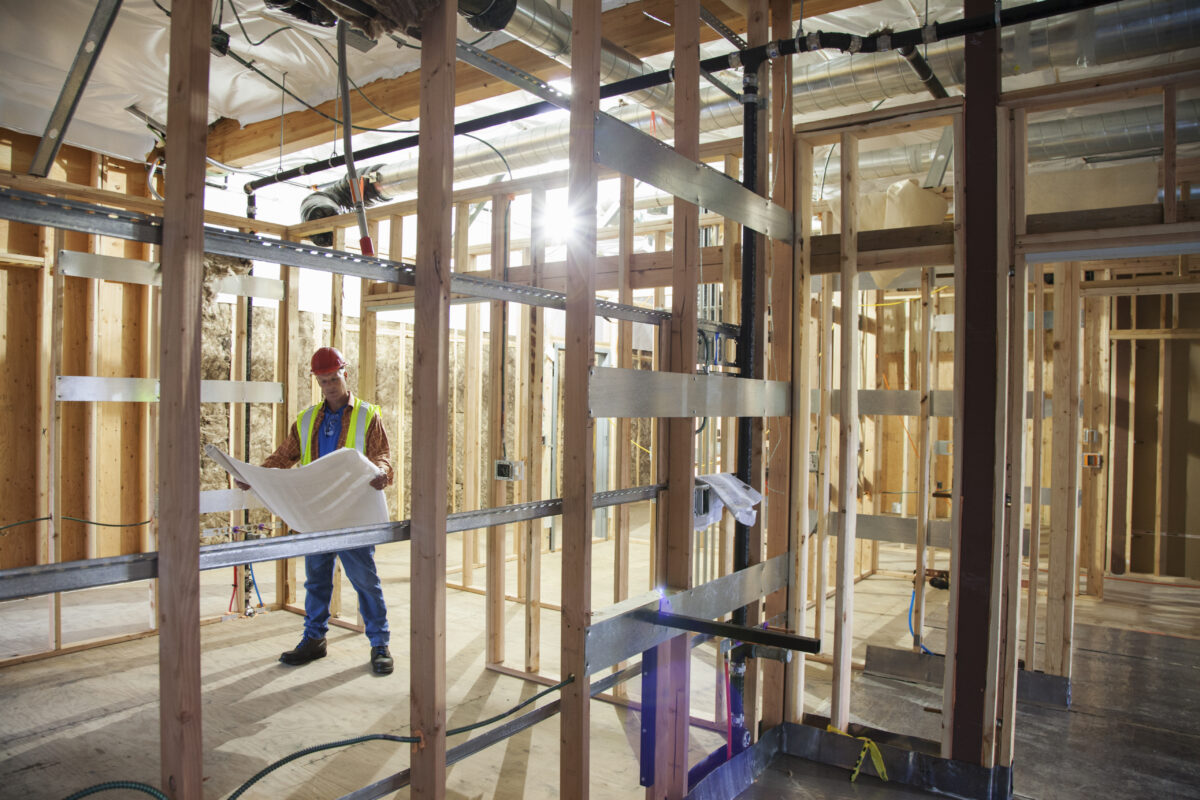cialis handypetes.comWhat can we expect in the aftermath of a major earthquake in California? After a major earthquake (Magnitude 7. 0-8.0+), there will be chaos and disruption. Read on to get some answers before the next “Big One” hits.
“What should I do before, during, and immediately after a large earthquake?” This is the third of our four-part series describing each of these phases in detail. Other articles in this series include:
What Should I Do Before The Next “Big One”?
What Should I Do During An Earthquake?
How Long Will it Take to Recover from a Major Earthquake?
Earthquake Injuries And First Aid
Furniture and items have fallen. Fires are starting. Some buildings have collapsed, and freeways are damaged. People are injured and possibly trapped. Everyone is in flight or fight mode. The immediate worry is whether there are injuries and how to get to a safe place. Are you trapped or injured? What about the people around you?
USGS’s Southern California ShakeOut Scenario estimates that 750 people will be trapped in collapsed buildings in a major earthquake (Magnitude 7.8) if it occurs mid-morning on a weekday. Compared to millions of people experiencing the earthquake, this is a very small percentage. If trapped, cover your mouth, nose, and eyes with a piece of cloth and be careful when you move to protect against dust. Send text messages to multiple people. To get the attention of rescuers, use the objects around you to make noise, like hitting anything metal on metal. If not trapped but injured (a more likely situation), scan the area around you, and move away from damaged buildings and any potential falling hazards. Apply first aid to yourself or others if needed. See the image below for some common earthquake injuries, and check out classes offered by the Red Cross.
If injuries are serious, seek professional medical help. Do you have gear nearby that is safe to grab and use? First aid kits, work gloves, long sleeve shirts, pants, tennis shoes, and flashlights can help to avoid further injury.
Listen immediately to alerts on the radio and move to higher ground if needed. Tsunami and dam failures could cause flooding in low-lying areas.
Reuniting With Your Family And Friends
Fires are widespread. Flooding is spreading through some neighborhoods. Fallen debris is blocking roads. Flights are grounded and canceled. Phones aren’t working. The power is out. And after treating your injuries, your main worry is how to reunite with your family and friends.
If the earthquake happened during the night, it would likely be easier to meet up with your support system. If the earthquake occurs during the day, and you’re tens of miles away from home, follow the earthquake emergency plan that you put together with your family. This plan should detail how you contact your support system after an earthquake and how to meet up with your family, given the locations you’re likely to be when the earthquake hits.
Some information to consider:
- Don’t use elevators. If you’re in an elevator, exit it as soon as you can after an earthquake.
- The subway and train will not be functional, and there may be damaged tunnels or overhead structures.
- Buses and ferries are more likely to be operating.
- If driving is an option, stay on non-elevated side roads, drive slowly and safely, watch out for erratic drivers, and avoid fallen debris and unsafe structures.
Don’t Forget About Aftershocks
Be prepared for aftershocks. The strongest and most frequent aftershocks are more likely to occur in the first few days. Buildings that weren’t damaged from the first earthquake may be damaged in the aftershocks. Find shelter away from overhead wires, trees, chimneys, beaches, and buildings.
Confronting Earthquake Chaos
Knowledge about disaster response and first aid can empower you to save your life and others. Here’s a word game to add some fun to earthquake preparation.
Here are some other resources: Ready.gov provides comprehensive earthquake disaster response training to become a FEMA citizen responder. The biggest asset after a major earthquake is the community around you. Learn more about what to expect right after an earthquake by talking with your neighbors and locals, and check out historical archives for other’s experiences.
Looking for answers? Here is the After Earthquake Word Game key.
